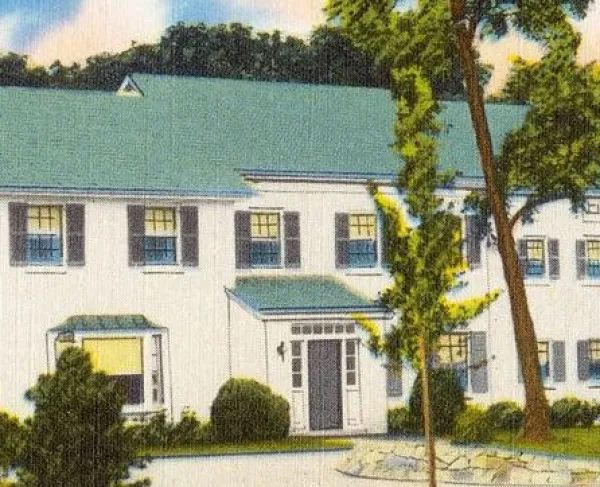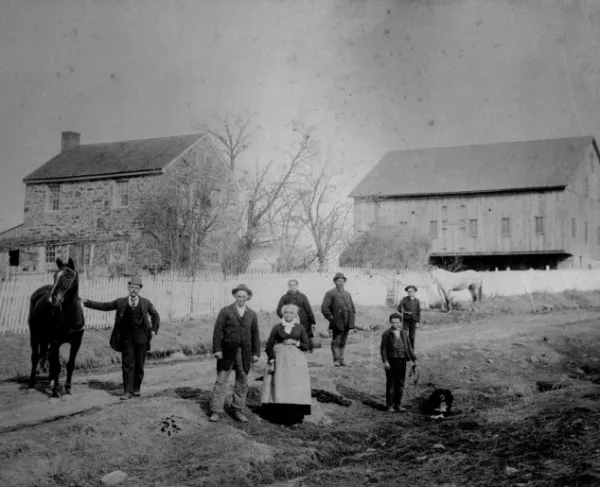Casualties on Barlow's Knoll
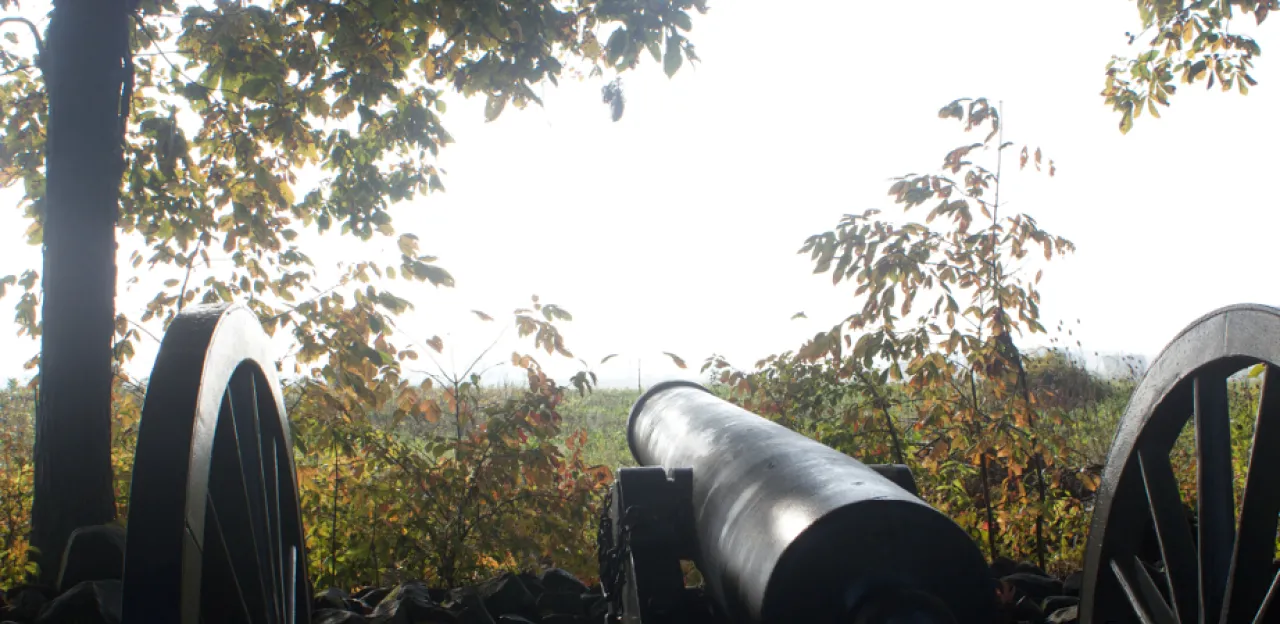
The fighting on Barlow's Knoll was one of the pivotal moments of the First Day of the Battle of Gettysburg. Historian Ron Coddington of Military Images Magazine takes a closer look at two of the men who fought there.
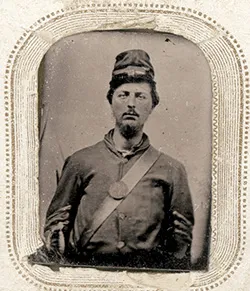
The Sad Saga of Henry Seas
Henry Seas Jr. was thrown into action along with rest of his regiment, the 82nd Ohio Infantry, to stem a massive assault by Confederates on the Union right on July 1. The 312-strong 82nd had little chance against the Confederate brigades of George Doles and John B. Gordon. When the fighting ended, more than half of the regiment, 181 men and officers, were casualties, including a badly wounded Seas. An orderly sergeant in Company D, he was likely taken with other injured men to the makeshift hospital of the 11th Corps at the George Spangler Farm. The conditions were horrific—a barn on the property overflowed with wounded from both sides, and many lay outside without care. When rain began to fall on July 4, conditions worsened. One steward recalled that the incessant rains caused "foul water to ooze up into their undressed wounds."
On July 17 after more than two weeks of suffering, Seas succumbed to his injuries. He was probably buried on the farm in one of the many dozen graves on the property. He may have been reinterred in the National Cemetery in an unmarked grave.
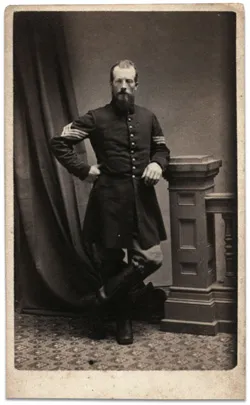
"Now, Seventeenth, Do Your Duty!"
Seven companies of the 17th Connecticut Infantry formed a double column and prepared to meet the enemy, who was rapidly advancing towards its position along a fence at Barlow’s Knoll. Among the federals stood Sgt. Cyrus Bachelder, who waited with his comrades for the order to move forward. As the rebels converged on the regiment, Lt. Col. Douglas Fowler swung his sword and commanded, "Now, Seventeenth, do your duty! Forward, double quick! Charge bayonets!" The soldiers attacked with a battle cry and "were mowed down in fearful numbers." An artillery shell exploded above Lt. Col. Fowler — he was struck in the forehead by shrapnel and toppled from his horse, instantly killed. Another shell or fragment blasted a fence rail loose and sent it hurtling through the air. It struck Bachelder in the chest and he collapsed. The survivors fell back, pursued by victorious Confederates through the streets of Gettysburg.
Left behind and captured, Bachelder was most likely taken with other wounded prisoners to a nearby barn that had been converted into a hospital by the Confederates. The next day, they were transported to the Lutheran Theological Seminary. Paroled on July 3, Bachelder eventually quickly returned to the 17th after the paroles were declared illegal. He remained in uniform for the remainder of his enlistment.
The war broke Bachelder’s health, and he died in 1871.
We're on the verge of a moment that will define the future of battlefield preservation. With your help, we can save over 1,000 acres of critical Civil...

